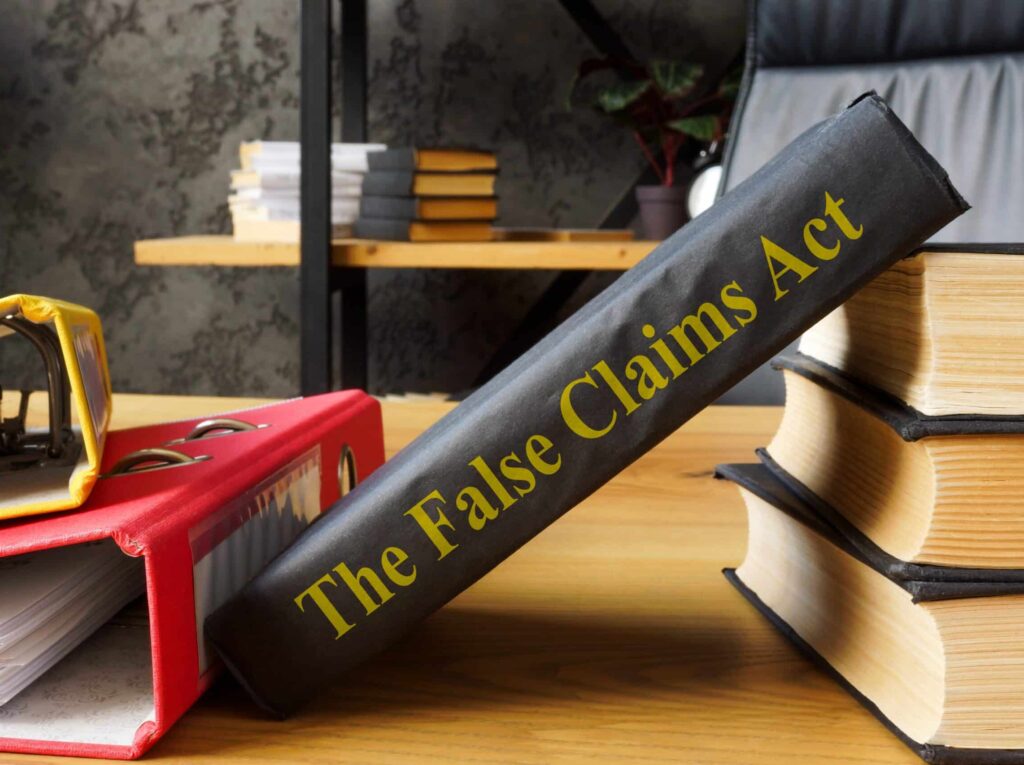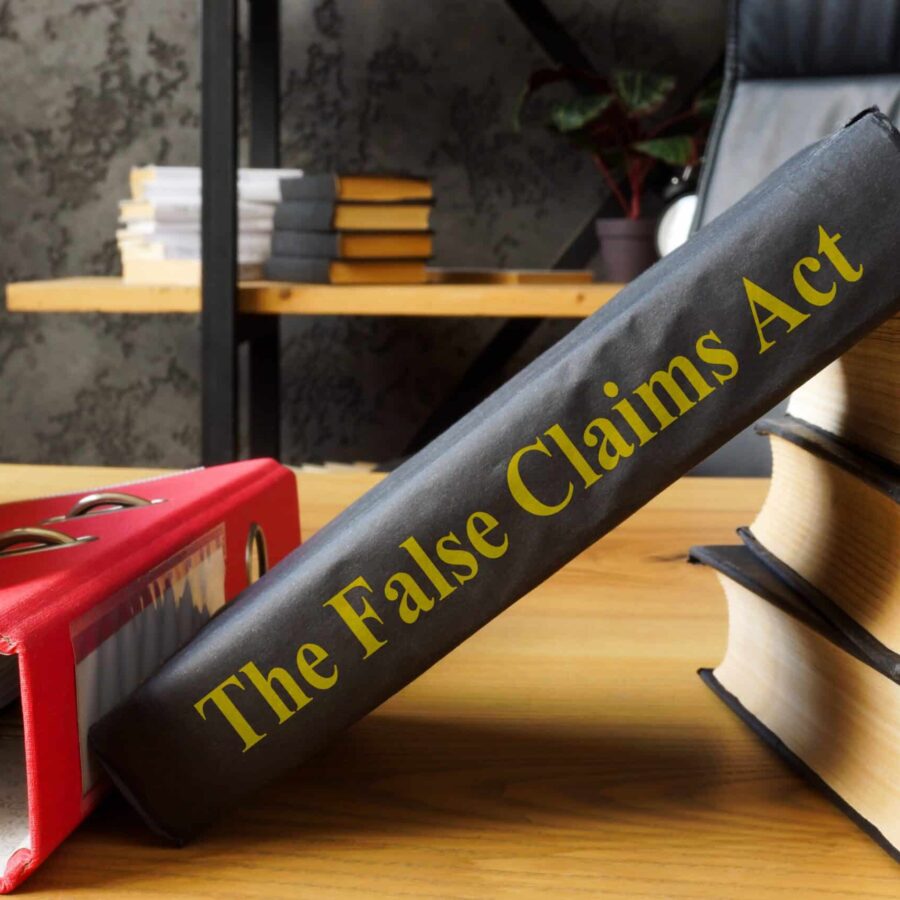The History of the False Claims Act
The False Claims Act originated during the Civil War. Profiteers would sell the union army “horses” that turned out to be donkeys or mules, or they would sell the army “gunpowder” that turned out to be sawdust. In response, Congress passed the False Claims Act to encourage “whistleblowers” to report government fraud. As an incentive, the whistleblower could receive a percentage of the government’s recovery.

Amendments to the False Claims Act
The Success of the False Claims Act
When Does the False Claims Act Apply?
A claim under the False Claims Act generally requires proof that someone made a false statement or engaged in a fraudulent course of conduct, which in turn caused the government to pay money or to forfeit money due.
Here are a few examples:
- Charging for services not rendered or supplies not provided
- Providing a service but billing for a more expensive service
- Falsifying or failing to maintain records
- Off-label marketing
- Kickbacks
The party making the false statement or engaging in fraudulent conduct does not have to have actual knowledge. It is sufficient for a qui tam suit that the person acted in “deliberate ignorance” of the truth or falsity of the information or in “reckless disregard” of whether the information was true or false.
Overview of the False Claims Act Process
Prepare a Presentment
The whistleblower must first prepare a presentment to the U.S. Attorney in the district where the action occurred and to the Department of Justice in Washington, D.C. The whistleblower must prepare a package with a detailed list of the evidence and the documents he or she has.
File a Complaint
The whistleblower must then file a complaint in the local jurisdiction (the district court where the action occurred). The complaint is filed under seal, meaning the existence of the complaint is not made public until the government decides whether to get involved in the lawsuit.
The Government Decides Whether to Take the Case
The government decides whether to intervene and take the lawsuit itself. If the government decides to intervene, the whistleblower acts as a partner to the government. If the government is successful, the whistleblower is entitled to between 15 percent and 25 percent of the recovery.
If the government does not intervene, the complaint becomes unsealed, and the whistleblower must decide whether to proceed with the case alone with his or her attorney. If the whistleblower is successful, he or she is entitled to between 25 percent and 30 percent of the recovery.
Protection for the Whistleblower Under the False Claims Act
The False Claims Act protects a whistleblower who is retaliated against by his or her employer. A whistleblower who is fired, demoted, or otherwise discriminated against for investigating a claim, filing a suit, or participating in a suit may be entitled to reinstatement and double the amount of lost wages.
The Role of the Lawyer in a Suit Under the False Claims Act
Employees or other insiders who suspect fraud against the government should consult a False Claims Act lawyer. When you call Newsome Melton, we will evaluate your case and whether you meet the requirements for bringing a qui tam action.
We will prepare a presentment containing the details of the case. Then, we will file a complaint under seal. We will then wait for the government to decide whether to intervene and take the case. If the government takes the case, the government will take the lead role. If the government does not take the case, we will consult with you to decide whether to continue with a lawsuit independent of the government.
If you have questions about False Claims Act cases, call Newsome Melton at 888-380-2809.


